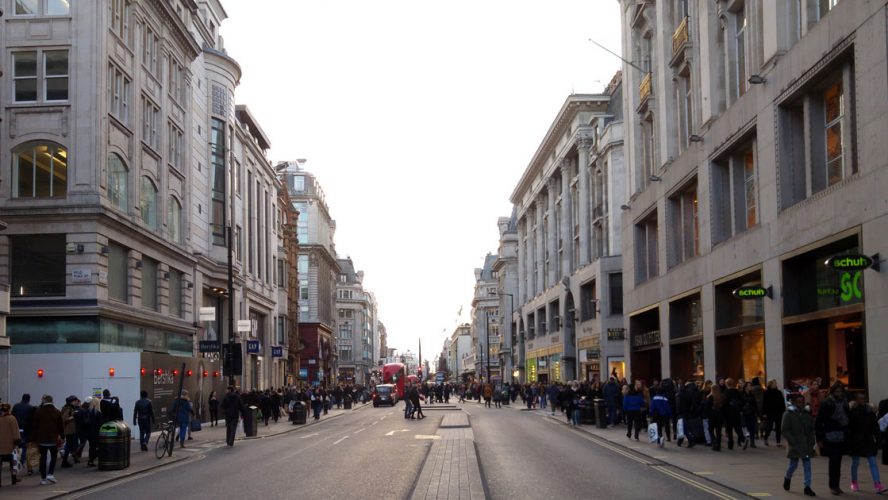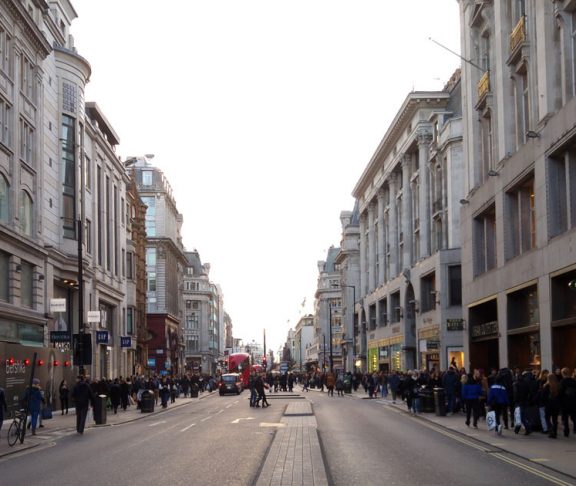
Mike Cherry
National Chairman at the Federation of Small Businesses
High streets are suffering as more businesses are forced to close. Small businesses need more support from authorities in order to survive.
Problems facing high street businesses are well documented. It seems like every week headlines highlight the number of empty shops, retail job losses, or another high-profile chain going out of business. Small firms, which make up more than 99% of all businesses across the UK, are in the midst of this struggle.
Small retailers report one of the lowest confidence levels of any sector, with more than half expecting their performance to fare worse over the next three months.
The way we shop has changed – while high streets have remained the same.
71% of small firms say the cost of running their business is increasing. With business costs rocketing, employment burdens weighing heavy and lingering political uncertainty, it’s easy to see why confidence is low.
Locally, factors like expensive town centre parking charges and poor infrastructure are sending customers away from high streets to large, out-of-town retailers. In addition, the loss of bank branches and ATMs from our high streets adds to the everyday challenges small firms come up against.
Boris Johnson must alleviate the burden of business rates
One of the biggest of these burdens for small firms is the outdated business rates system. Not linked to a business’ ability to pay, it hits firms before they’ve had the chance to make their first pound of turnover, let alone profit.
While discounts for business rates has been welcomed this year, a huge amount of further reform is needed. Not only do we need to see a commitment from our new Prime Minister to extend these discounts, but also make changes to ensure the system supports growth and encourages competition.
71% of small firms say the cost of running their business is increasing.
Bizarre quirks in the system mean that small firms that can invest in their business by installing things like solar panels, CCTV systems and lifts, are being clobbered by large tax bills. Another unfair rule says that if a business owner wants to expand to another location, they lose all their rates relief.
Instead of hitting flourishing firms with penalties and stifling growth, the Government needs to back small businesses by allowing them to keep existing reliefs on properties, creating a personal threshold for a business owner instead.
Re-imagining the high street
Aside from policy changes that could make a real difference to a small business’ bank balance, we must start re-imaging our town centres and thinking about them differently.
With huge competition from large online brands and a shift in consumer habits, the way we shop has changed – while high streets have largely remained the same.
While we’re not certain what town centres of the future might look like, a healthy high street should be diverse – not just focused on shopping. There should be a mix of not only restaurants, cafes and pubs, but services like hairdressers, gyms, shared workspaces for the self-employed, with cultural venues and community-based amenities.
For local authorities looking to the future, talking to local small businesses is a great place to start. As these small firms are at the heart of their communities, speaking with them will allow authorities to harness some innovative ideas that will really improve the public realm and create vibrant hubs in their city, town and village centres.
If burdens can be reduced and opportunities provided, then small businesses can help give our high streets a new and exciting future. It will take central government, councils, community groups, businesses and consumers to come up with real solutions.

